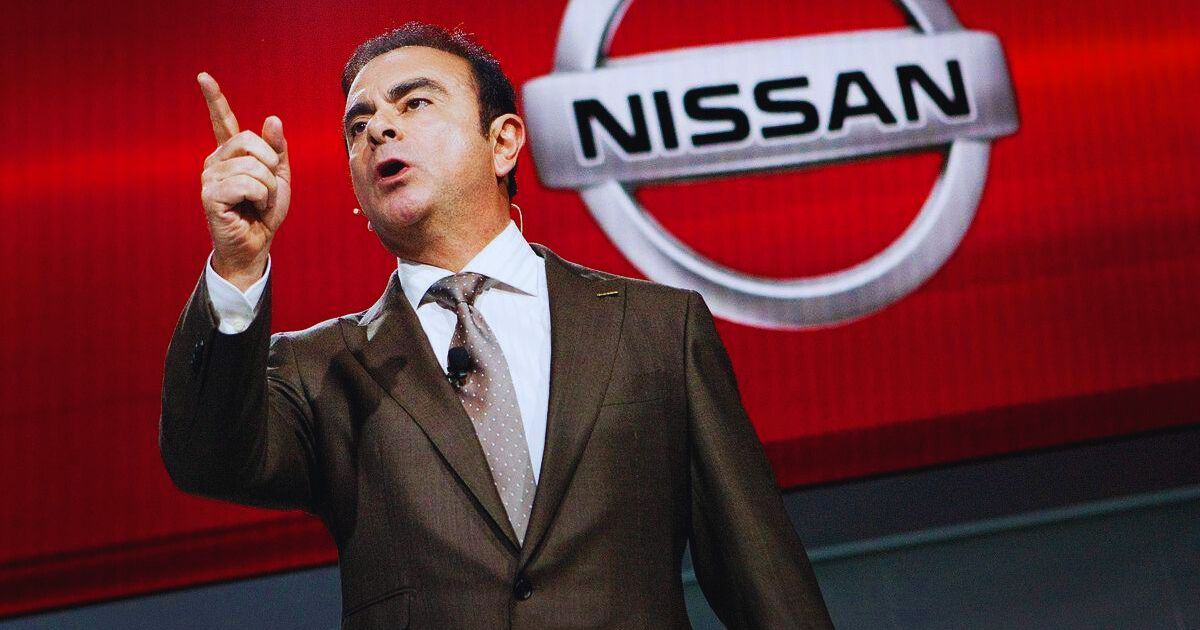In the table-turning events of the escape of ex-Nissan CEO Carlos Ghosn from the judicial ban that forbids him from leaving Japan, the International Criminal Police Organization, more commonly known as INTERPOL, has also now a say in this.
Interpol issued a Wanted Red Notice Thursday, January 2, 2020, for the former Nissan, Mitsubishi, and Renault chairman to urge Lebanon to hand Ghosn over to Japan so he submits to the assigned prosecution trials.
A day before 2019 ended, Ghosn jumped bail in Japan and fled to Lebanon, rather than face trial on financial misconduct charges of which he claims his innocence.
His dramatic escape, due to his mistrust in the Japanese judicial as he stated, has confounded and embarrassed Japanese authorities that called the stunt “cowardly” in their latest statement.
Ghosn’s escape was all Lebanon needed to end its overwhelming and incredible year full of plot-twisting events.
From the formation of a government after 9 months of political beef to overthrowing this government with the rise of an outstanding revolution, the return of the business giant was enough to leave the Lebanese catching for breath.
Just when Lebanese people sarcastically said that ‘this year cannot get any crazier,’ Carlos Ghosn dared to escape Japan in a journey that spanned three continents and involved private planes, multiple passports, and international intrigue.
Lebanese Justice Minister Albert Serhan told The Associated Press in an interview that Lebanon “will carry out its duties,” suggesting for the first time that the automotive titan may be brought in for questioning.
However, Serhan said that Ghosn entered the country on a legal passport and, according to AP, he appeared to cast doubt on the possibility Lebanon would hand Ghosn over to Japan.
Knowing that Lebanon does not have an extradition law with Japan, the choice of sending Ghosn back to Japan is actually in the hands of Lebanon, not Japan nor Interpol’s.
By definition, extradition is to hand over a person accused or convicted of a crime to the jurisdiction of the foreign state in which the crime was committed.
According to Interpol’s official website, an Interpol Red Notice is a request to law enforcement worldwide to locate and provisionally arrest a person pending extradition, surrender, or similar legal action.
The Notice contains usually two main types of information: the first type is information to identify the wanted person, such as their name, date of birth, nationality, hair and eye color, photographs and fingerprints if available.
The second type is information related to the crime they are wanted for, which can typically be murder, rape, child abuse, or armed robbery.
Red Notices are published by Interpol at the request of a member country and must comply with Interpol’s Constitution and Rules. A Red Notice is not, however, an international arrest warrant.
Interpol cannot compel the law enforcement authorities in any country to arrest someone who is the subject of a Red Notice. Each member country decides what legal value it gives to a Red Notice and the authority of their law enforcement officers to make arrests.
Lebanon faces now a conflict of many questions: Are the allegations against Carlos Ghosn true? Are they just a political industry plot to stop the merger of the giant automotive companies, as mentioned in a theory or two?
And is it wise to hand over a businessman that saved Nissan a huge bankruptcy case in 1999 and turned it into the multinational automobile manufacturer it has become? Could he possibly do the same with a whole country, say, Lebanon?
Many questions to be answered in the next episodes of “How to Get Away with an Escape,” a series starring Carlos Ghosn, Japanese authorities, and Lebanese overthinkers. Stay tuned for more!

















